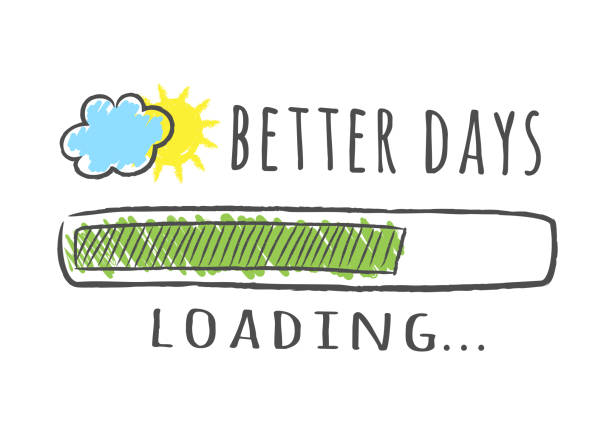 From the desk of current Board President, Joe Gerstein, MD, FACP
From the desk of current Board President, Joe Gerstein, MD, FACP
No one could be oblivious to the horrendous death rate of the opioid crisis. Major wars that we have been involved in have had a significantly lower casualty rate. As in war, many of the deceased are young people, doubly tragic and impactful. Hardly a family has been spared, but Gold Stars are not being awarded to the mothers of the victims.
The situation is so grim that the Department of Health & Human Services has bragged that the annual rate of increase in the death rate from opioid overdose has reduced from 10% to 4%!
What Can Be Done?
Many suggestions, naturally, have been advanced as to how we should be attacking the epidemic and, assuming the pertinent appropriations are provided to the bill recently passed by Congress and signed by the President, about $4 billion dollars will be available, almost all in state block grants.
Perhaps one area of focus should be in supporting medication assisted treatment (MAT). Most respected authorities, agencies, clinicians and academics in the addiction field are now vigorously advocating for the use of opioid agonist medication [methadone or various forms of buprenorphine] in the treatment of opioid addiction treatment. The reason for this near-unanimity is the data that is rapidly accumulating MAT, accompanied by behavioral/psychological approaches, saves lives. Use of opioid agonists also greatly reduces the frequency of positive tests for illicit drugs.
There is a discussion in the industry around the use of the word “treatment.” Many authorities are now advocating for the elimination of this sort of descriptive language because in no other medical condition is the word applicable: Treatment is treatment; period. If medications are indicated, they may be appropriately employed without any special designation. We don’t call the use of antibiotics for a strep throat “Medication Assisted Treatment.” Ditto for the use of medications in psychiatric disorders, which are usually accompanied by some sort of behavioral treatment component, as are addictions. A more recent, and perhaps more hopeful, description of this approach has been called Medication Assisted Recovery.
Click here to learn more about Medication Assisted Treatment (MAT).
An Unfortunate Resistance to Welcoming MAT in Individuals’ Recovery Efforts
SMART Recovery group participants who have decided with their physicians [or now, specially waivered PAs or NPs] to use opioid agonist medication along with SMART meetings and perhaps other more formal behavioral therapy can be assured that they will not be subjected to derogatory remarks or stigmatizing limitations simply because they are being appropriately treated.
Unfortunately, many people who are using such opioid agonist therapy to help with their recoveries are now attending groups which are not sympathetic to such treatment. or, perhaps more accurately, people within those groups who might denigrate such “drug” users or deny their opportunity to participate in meetings.
Some physicians have tried to obviate these problems for their patients by a variety of stratagems. One approach is by scrutinizing the style of various groups in the community to determine which will and which won’t be accepting of MAT and to refer patients only to those groups unlikely to disparage them. However, some groups favor autonomy of the individual who is leading the meeting as to a decision whether to accept or reject those who have elected to use MAT. Incidentally, I have personally contacted individuals in the leadership cadre of LifeRing and Refuge Recovery who confirmed the affirmative policy of each organization towards MAT.
Growth Is Needed to Support More Individuals in Need
So, what is the answer to this conundrum? Well, more SMART meetings and more publicity about this issue.
We have just passed the 3,000 meetings globaIly and 2,000 meetings in the U.S benchmarks. While these numbers seem great, we have a long way to go. It is with this issue primarily in mind that we have developed our “$2,000,000 for 2,000 More Meetings” initiative in hopes of doing our part in rectifying the problem of lack of availability of mutual-help groups, and those sympathetic to MAT.
The start of 2019 brings with it incoming Board President Bill Greer, a lifelong executive in the nonprofit world and someone who has a rich history with SMART Recovery. Bill will lead our efforts through the next step of tremendous growth and change. We are lucky to have him at the helm in such a critical time.
I ask that you please also continue to do all that you can to spread the word about SMART Recovery in your communities – there are so many who need our help. Thank you so much for your service and support.
Joe Gerstein



